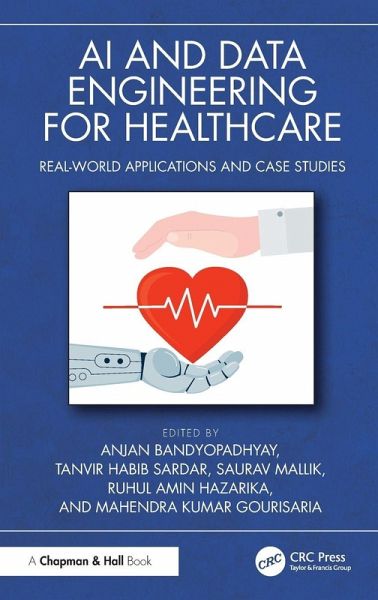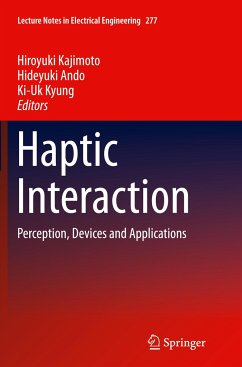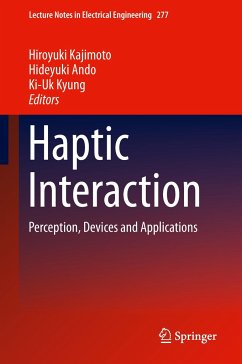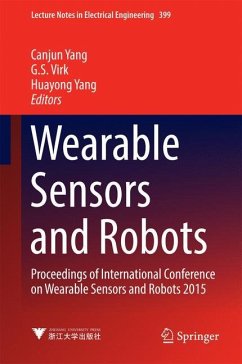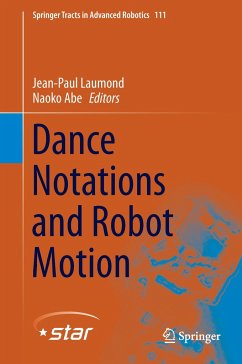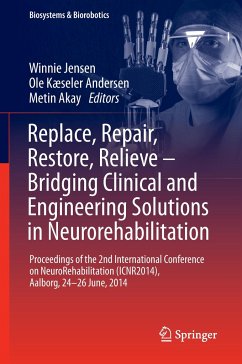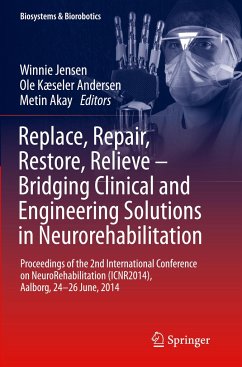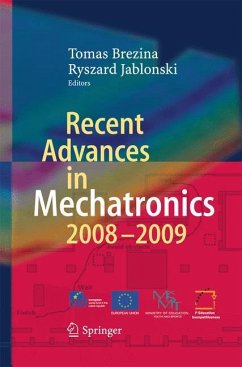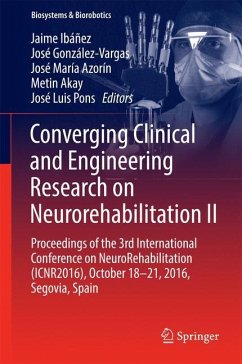Anjan Bandyopadhyay currently serves as an Assistant Professor-II at the School of Computer Engineering, Kalinga Institute of Industrial Technology (KIIT), Deemed to be University, Bhubaneswar, Odisha, India. He holds a Ph.D. in Computer Science and Engineering from the National Institute of Technology, Durgapur, where his research focused on Algorithmic Mechanism Design in Cloud and Fog Computing. He also earned his M.Tech. in Information Security from NIT Durgapur and his B.Tech. in Computer Science from Asansol Engineering College, affiliated with WBUT. Dr. Bandyopadhyay has over 17 years of academic and research experience across reputed institutions including AMITY University, GITAM University, and Bengal College of Engineering and Technology. His research interests include Algorithmic Game Theory, Cloud and Fog Computing, Metaverse, Quantum Computing, Edge and Health Care Systems, and Autonomous Vehicles. He has contributed extensively to the scientific community through high-impact journal publications in IEEE Access, IEEE Transactions on Sustainable Computing, Scientific Reports, Mathematics, Sensors, and others. He has also presented his work at premier IEEE conferences. Dr. Bandyopadhyay is the recipient of major research funding under the Visvesvaraya Ph.D. Scheme by the Ministry of Electronics and Information Technology, Government of India, and has been actively involved in innovative patent filings in smart healthcare, automation, and sustainability. In addition to his scholarly contributions, Dr. Bandyopadhyay has collaborated internationally, working with researchers across domains such as Artificial Intelligence, Internet of Things, and Smart Systems. He remains dedicated to fostering academic excellence, interdisciplinary research, and technological innovation in both national and global contexts. Tanvir Habib Sardar is an Assistant Professor at GITAM University, Bengaluru, India, with over 15 years of teaching and research experience in Big Data, Machine Learning, Distributed Computing, and Fuzzy Sets. He earned his Ph.D. in Computer Science from Visvesvaraya Technological University in 2022. Dr. Sardar has authored or edited seven books and contributed to eight book chapters. He has published more than 40 research papers in reputed SCIE and Scopus-indexed journals and holds 13 patents, including those based on his doctoral work. His recent notable contributions include a 2024 CRC Press book titled Big Data Computing: Advances in Technologies, Methodologies, and Applications, and a Q1 review article in WIREs Data Mining and Knowledge Discovery. He also published a high-impact research article in the Journal of Big Data in 2024. Dr. Sardar is an active reviewer for several international journals and is a lifetime member of multiple professional bodies. Beyond academics, he has contributed significantly to university-level administration, ERP coordination, curriculum design, student mentoring, and accreditation processes (NAAC, NBA). He is pursuing a post-doctoral fellowship at Astana IT University, Kazakhstan, in the Department of Intelligent Systems and Cybersecurity from March 2025 to March 2026. Saurav Mallik is currently a Research Scientist in the Department of Pharmacology and Toxicology at The University of Arizona, USA. He previously held postdoctoral positions at Harvard T.H. Chan School of Public Health (2019-2022), University of Texas Health Science Center at Houston (2018-2019), and University of Miami Miller School of Medicine (2017-2018). He earned his Ph.D. in Computer Science & Engineering from Jadavpur University in 2017, with research conducted at the Machine Intelligence Unit, Indian Statistical Institute (ISI), Kolkata. Dr. Mallik has over three years of research experience at ISI, Kolkata, including roles as a Junior Research Fellow under a DST Swarnajayanti project and as a Visiting Scientist. He also served as a UGC Research Fellow at Jadavpur University and was awarded a prestigious CSIR Research Associateship in 2017. He is currently on leave from his position as Assistant Professor at Mallabhum Institute of Technology, India. He has published over 180 peer-reviewed papers and contributed to more than 20 books with reputed publishers. With over 1,850 citations and an h-index of 22, his work spans bioinformatics, computational biology, data mining, and machine learning. A recipient of multiple awards-including the "Emerging Researcher in Bioinformatics" (2020) and "Young Scientist Award" (2021)-he is an active member of IEEE, AACR, ACM, and BIOCLUES. Dr. Mallik also serves as editor and reviewer for several leading international journals and conferences. Ruhul Amin Hazarika is currently serving as an Assistant Professor in the Department of Information Technology at the Manipal Academy of Higher Education (MAHE), Bengaluru, India. He obtained his Ph.D. in Information Technology from North-Eastern Hill University (NEHU), Shillong, where his research focused on the classification and staging of Alzheimer's Disease using machine learning and deep learning techniques applied to brain MRI images. He also holds an M.Tech and B.Tech in Information Technology from NEHU. Dr. Hazarika's primary research interests lie in the areas of Artificial Intelligence, Machine Learning, Deep Learning, and Medical Image Analysis. His contributions include the development of novel deep neural network architectures, feature extraction methods, and hybrid classification frameworks aimed at improving diagnostic accuracy in neurodegenerative disorders. His published work spans high-impact Q1 and Q2 SCIE-indexed journals such as IEEE Access, Journal of King Saud University - Computer and Information Sciences, Journal of Digital Imaging, and Electronics. He has extensive teaching experience in subjects including Computer Organization, Artificial Neural Networks, Python Programming, and AI Applications. Dr. Hazarika's scholarly output includes over nine peer-reviewed journal publications, with a special focus on computational approaches for early detection of Alzheimer's disease. His work is recognized for its innovative use of convolutional and depth-wise separable architectures, as well as performance-driven hybrid models combining DNNs with machine learning classifiers like Random Forests. Dr. Hazarika continues to engage in academic research and mentorship, contributing to the advancement of AI-driven solutions in healthcare and medical diagnostics. Mahendra Kumar Gourisaria received his bachelor's degree (Hons.) in commerce from Calcutta University, master's degree in computer application from Indira Gandhi National Open University, New Delhi, and M.Tech. degree in computer science and engineering (CSE) from the Biju Patnaik University of Technology, Rourkela. He completed his Ph.D. degree in CSE from Kalinga Institute of Industrial Technology, Deemed to be University, Bhubneswar, Odisha. He has completed ICWAI (intermediate) from the Institute of Cost and Works Accountants of India and DNIIT from NIIT Sahid Nagar, Bhubaneswar. Currently, he is working as an Associate Professor in the School of Computer Engineering, KIIT Deemed to be University. He has an experience of more than 22 years in academia and ten years in research. He has published more than 240 research papers in different book chapters, international journals, and conferences of repute. His Google Scholar citation is more than 2600 with an H-index of 25 and an i10-index of 64. His research interests include cloud computing, machine learning, deep learning, data mining, soft computing, and internet and web technology. He is a member of IAENG and UACEE; and a Life Member of ISTE, CSI, and ISCA. He has received the Research Achievement Award from (IUILA 2024) London Metropolitan University. He has served as an organizing committee member for various conferences and workshops, chaired sessions in many international conferences, and a reviewer for many reputed journals, such as Springer and Hindawi, and many reputed conferences.
